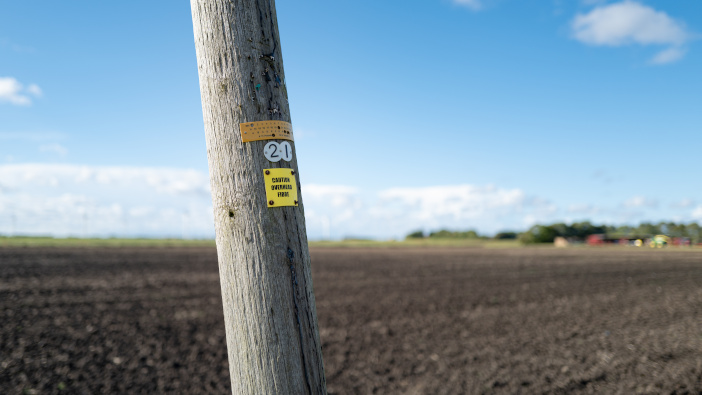An NFU survey has shown that poor mobile and broadband connectivity is still a significant issue in running effective rural businesses.
More than three-quarters (76%) of members reported unreliable mobile signals in outdoor locations of their farms. While there has been an increase in 5G access, 6% still have no access to 4G or 5G on their smart devices.
Around 58% stated that broadband speeds were now adequate (10% more than last year), but greater coverage is still needed to enable businesses to take advantage of agri-tech innovations.
NFU vice president Rachel Hallos said: “We are told again and again that food security is a major priority for the government. To confidently produce more of what we do well in the UK, we need to be as efficient and productive as possible. Reliable internet and mobile access are key to achieving this.
“Despite there being some improvements in access, it needs to go further. It’s very worrying that three quarters of farmers still have mobile signal gaps on their farms. This not only impacts the day-to-day operations of rural businesses but also the safety of our workforce. Leaving a farmer with no way of communicating in a crisis is dangerous, and this lack of access is preventing UK farmers and growers from doing what they do best – running successful and profitable food producing businesses.
“We welcome the new government’s pledge to deliver gigabit broadband and 5G by 2030. However, we need detailed plans and a timeline on how this will be delivered, particularly in rural areas. 2030 is still six years away and waiting that long for better connectivity is a huge burden for rural businesses.
“The lack of sufficient mobile and broadband connectivity is a barrier to greater productivity, growth and investment into the rural economy, especially at a time when businesses are being required to meet more of their legal and regulatory obligations online. That is why we are asking the government to prioritise improving rural connectivity.
“In the meantime, the NFU will continue to ask for a technologically neutral broadband rollout – one which means focusing on results rather than favouring specific methods – so rural-proofed solutions, such as satellite broadband, can be installed in even the most remote locations.”


